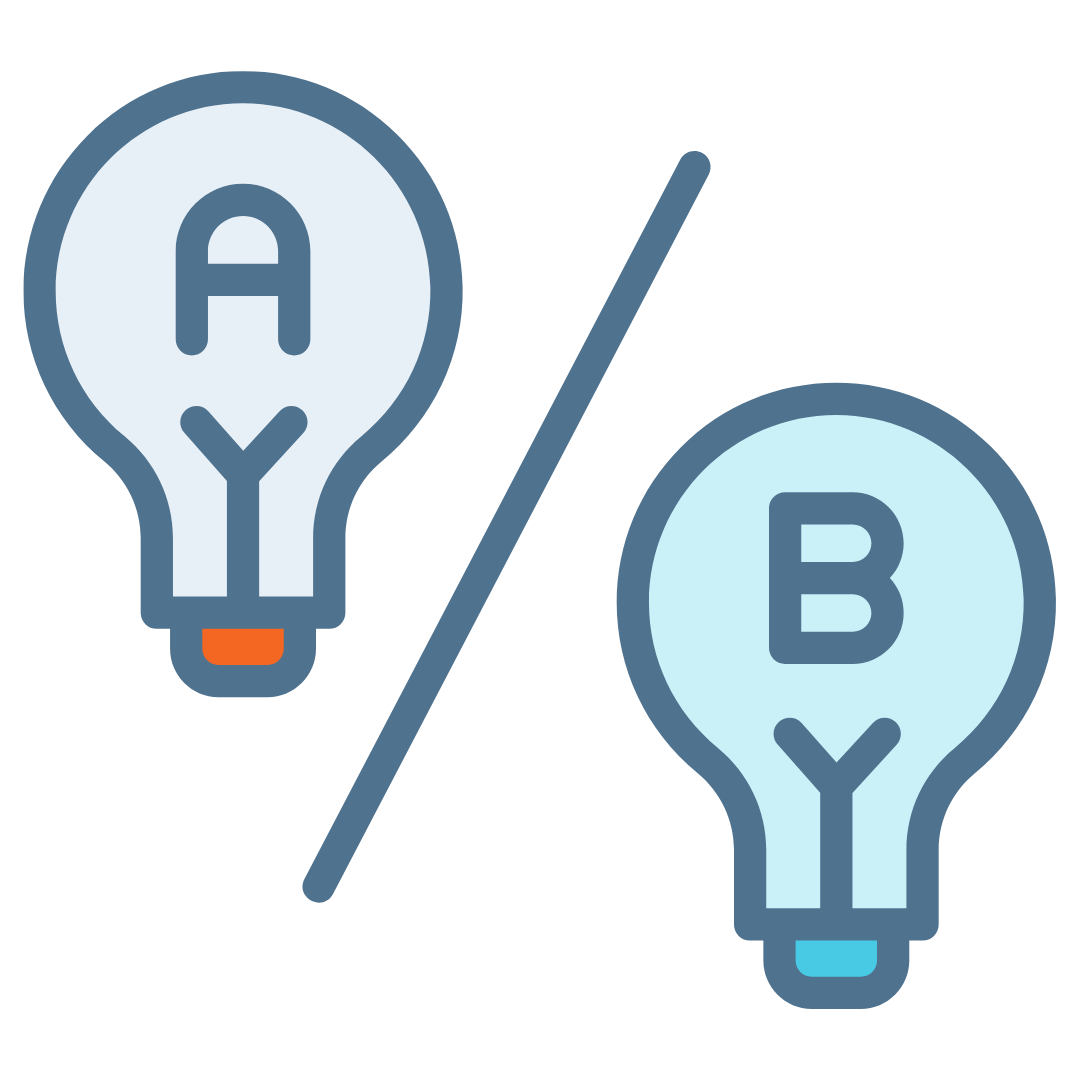Find affordable health insurance coverage that best suits your needs.

Get your free health insurance quote now through licensed agency partners!

3 things you should know about buying individual and family health insurance for 2025
You may still be able to enroll.
Outside of ACA’s annual open enrollment, you can still enroll or change plans if you experience a qualifying life event.

You might qualify for no or low premiums
Most Marketplace enrollees are eligible for enhanced subsidies through 2025, thanks to the Inflation Reduction Act. Based on income, you may save.

It’s more than just the price
Finding the best health insurance is about more than premiums. Are your doctors in-network? Is your Rx covered? What are the quality ratings?
What coverage are you looking for?
Navigating health insurance can be daunting. But with the right partner, it doesn’t have to be. Healthinsurance.org has been the trusted online resource for affordable coverage since 1999. Learn from our policy experts, get quick quotes, and find the best health plan for you.
Supplemental insurance

Supplemental insurance is limited benefit coverage that’s designed to supplement – but not replace – your regular major medical insurance policy.

Short-term limited duration coverage

Short-term health plans provide temporary health insurance for consumers who may find themselves without comprehensive coverage. Learn more about short-term plan availability in your state.

Affordable Care Act coverage

Find out how the American Rescue Plan has cut marketplace insurance costs for millions of Americans, and how the Inflation Reduction Act extends that assistance through 2025.

Medicare

Over 66 million people are enrolled in Medicare plans nationally.1 Read our guide to understand Medicare, Medicare Advantage, and Medigap coverage options, as well as state regulations on Medigap.

Dental coverage

Hoping to improve your smile? Dental insurance may be a smart addition to your health coverage. Our guide explores dental coverage options.

Would ACA subsidies lower your health insurance premiums?
Obamacare subsidy calculator *
Individual health insurance: Is it right for you?
Right now, more Americans than ever are buying comprehensive Affordable Care Act (ACA)-compliant individual and family health insurance plans.2 The ACA created income-based subsidies to make these plans more affordable.3
And those subsidies are now larger and more widely available as a result of the American Rescue Plan and Inflation Reduction Act, with many enrollees eligible for zero-premium plans after subsidies are applied.4
ACA-compliant individual and family plans may be a good fit for people who are …
Frequently asked questions about individual health insurance
What are individual health insurance plans?
Individual health insurance plans are purchased by people who don’t have major medical coverage through an employer-sponsored health plan or a government health plan such as Medicare, Medicaid, Children’s Health Insurance Program (CHIP) or Tricare.
Since 2014, all ACA-compliant individual health insurance plans have been required to cover essential health benefits (outpatient care, emergency services, hospitalization, mental health and substance use disorder services, prescription drugs, rehab services, lab services, preventive and wellness services, pregnancy, maternity and newborn care, and pediatric services) without annual or lifetime benefit caps, and they cover pre-existing conditions.5
How much can I expect to pay for individual and family health insurance?
What you pay for coverage depends on your age, income, where you live and whether you use tobacco. Thanks to the Affordable Care Act, your medical history will not affect your premiums, and neither will your gender.
Keep in mind that many people do qualify for income-based premium subsidies that offset a significant portion of their monthly costs. Across the nearly 20 million people who received premium subsidies in 2024, the average after-subsidy premium was about $74/month.6
Can health insurance that costs me less still provide comprehensive coverage?
Yes! The key is to understand that it’s income-based subsidies that keep the monthly premiums less expensive. You’re still buying ACA-compliant health coverage, but people who qualify for the subsidies do not have to pay the full premiums that go along with those plans.
Instead, many Marketplace enrollees are eligible for subsidies that can cover a significant portion of the premium! Just know that even if your after-subsidy portion of the premium is less expensive, the coverage itself is still robust.
Do I qualify for ACA (Obamacare) subsidies?
Your eligibility for premium tax credits is based on the relationship between your household income and the federal poverty guidelines.7 So your age, location, and income will all factor into determining your eligibility. But many Marketplace applicants will qualify for premium subsidies, and many also qualify for financial assistance to reduce their out-of-pocket costs.6
When can I enroll in an ACA plan during the year?
You can enroll in an ACA-compliant individual or family health plan during open enrollment or during a special enrollment period. In most states, open enrollment runs from November 1 to January 15. Read our Guide to Open Enrollment.
Special enrollment periods can be available at any time of the year, and are generally linked to a specific qualifying life event, such as losing health coverage, having a baby, moving to a new area, or getting married. Read our Guide to Special Enrollment Periods.
Do I qualify for Medicaid in my state?
Medicaid benefits and eligibility is different in every state. Click on your state on this map to learn more about eligibility rules where you live.
Learn more about the federal poverty level and how it’s used to determine your eligibility for Medicaid. Use our federal poverty level calculator.
Footnotes
- “Medicare Monthly Enrollment" CMS.gov, June 2024. ⤶
- “Health Insurance Marketplaces 2024 Open Enrollment Report” CMS.gov. Accessed May 10, 2024 ⤶
- ”The Premium Tax Credit – The Basics” Internal Revenue Service. Accessed Dec. 3, 2024 ⤶
- ”Health Insurance Marketplaces 2024 Open Enrollment Report” Centers for Medicare & Medicaid Services. Accessed Dec. 3, 2024 ⤶
- “Health insurance rights & protections” HealthCare.gov, Accessed Dec. 3, 2024 ⤶
- “2024 Marketplace Open Enrollment Period Public Use Files” CMS.gov, March 22, 2024 ⤶ ⤶
- “Subsidized coverage” HealthCare.gov, Accessed Dec. 3, 2024 ⤶




